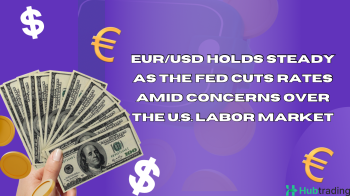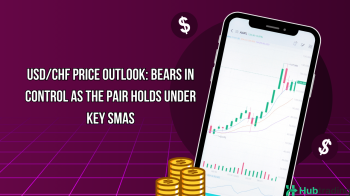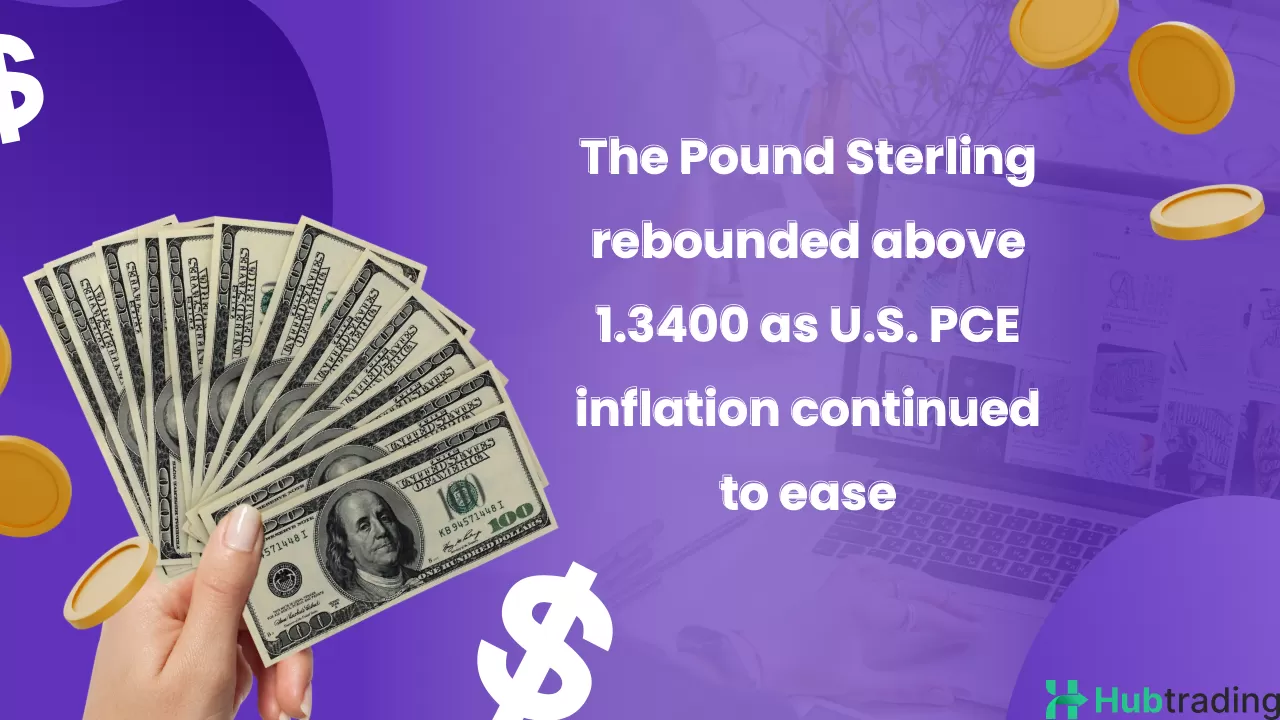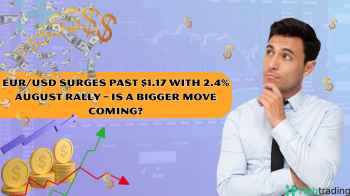-
EUR/USD draws buying interest around 1.1300 as the US Dollar retreats following a two-day recovery.
-
Washington expresses willingness to negotiate a trade deal with China, easing market tensions.
-
ECB's Nagel cautions that Germany’s economy could slip into a mild recession.
EUR/USD has found support near 1.1300 and rebounded to around 1.1385 during European trading hours on Thursday following a two-day correction. The pair is recovering as the Euro (EUR) strengthens, despite growing market expectations that the European Central Bank (ECB) may cut interest rates in its upcoming June policy meeting. These dovish expectations are fueled by ECB officials’ confidence that inflation will return to the bank’s 2% target within this year.
On Wednesday, ECB policymaker and Bundesbank President Joachim Nagel reiterated his forecast that Eurozone inflation would reach 2% by the end of the year, even amid significant uncertainty. He also cautioned that Germany could face a mild recession for the third consecutive year, driven by tariffs imposed by U.S. President Donald Trump.
Further dovish comments came from ECB policymaker and Finnish central bank governor Olli Rehn, who suggested that the ECB should not rule out a "larger interest rate cut" in the coming months.
Beyond ECB monetary policy, the Euro is also being influenced by the ongoing trade negotiations between the European Union (EU) and the United States. Both parties have expressed openness to reaching a deal and maintaining healthy trade relations, but there has been limited progress since April 7. On that date, EU Trade Commissioner Maros Sefcovic indicated that the EU had proposed “zero-for-zero tariffs” on cars and industrial goods in an effort to resolve trade tensions.
German Finance Minister Joerg Kukies, in an interview with Deutschlandfunk on Wednesday, expressed hope for a trade agreement, stating that the EU’s position is clear: "Plan A is to reach an agreement with tariffs coming down, and Plan B is countermeasures if this does not work."
On the economic front, Germany’s IFO Business Climate, Current Assessment, and Expectations all exceeded expectations. The Business Climate index rose to 86.9, above the forecasted 85.2 and the previous reading of 86.7. The Current Assessment and Expectations metrics also showed improvement, coming in at 86.4 and 87.4, respectively, signaling stronger-than-expected business confidence in Germany.
Daily Digest: EUR/USD Gains While USD Pulls Back
- The EUR/USD pair continues its upward trajectory, aided by a sharp correction in the US Dollar (USD) following a two-day recovery. The US Dollar Index (DXY), which measures the Greenback's value against six major currencies, has retreated to around 99.25 after facing resistance near the 100.00 mark.
- Despite this retracement on Thursday, market participants are still pricing in a potential near-term recovery for the US Dollar, bolstered by growing optimism that the trade war between the United States and China may de-escalate. Washington has shown willingness to negotiate with Beijing, but progress remains contingent on a reduction in high tariffs.
- Currently, the US has imposed additional 145% tariffs on Chinese goods, including a 20% fentanyl levy, while Beijing has retaliated with a 125% tariff on US imports. US Treasury Secretary Scott Bessent stated on Wednesday that neither side believes these tariffs are sustainable. According to the Wall Street Journal (WSJ), the US administration may consider reducing the additional tariffs to between 50% and 65%.
- On Tuesday, US President Donald Trump indicated that “discussions with Beijing are going well” and expressed optimism that a deal could be reached, although he acknowledged that tariffs on China would not be eliminated entirely but rather reduced from the current 145%.
- In the longer term, however, concerns over the US Dollar’s strength persist. Domestic business activity has been significantly impacted by fears of a potential economic slowdown. The flash S&P Global Purchasing Managers’ Index (PMI) report revealed that tariffs have caused companies to raise their selling prices at the fastest pace in over a year. This surge in prices is expected to feed into higher consumer inflation, which could limit the Federal Reserve's ability to reduce interest rates amid a slowing economy in need of a boost.
Technical Analysis: EUR/USD Recovers from 1.1300
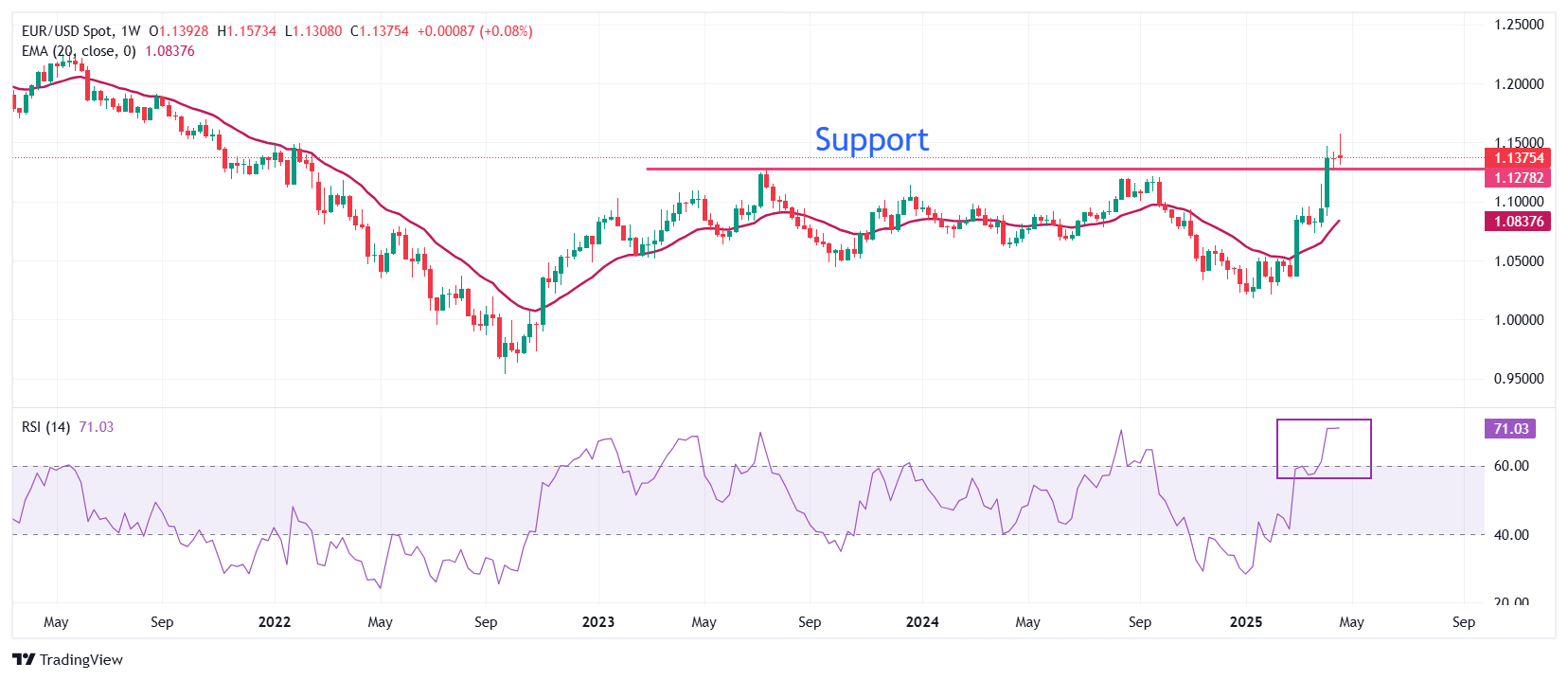
EUR/USD is making a steady recovery after a two-day correction to around 1.1300 on Thursday. The pair had shown strong momentum in recent weeks, particularly after breaking above the September 25 high of 1.1215. The 20-week Exponential Moving Average (EMA) is advancing near 1.0850, reinforcing the overall bullish trend.
The 14-week Relative Strength Index (RSI) is nearing overbought territory above 70.00, signaling strong upward momentum, though a potential correction remains a possibility.
To the upside, the major resistance level is seen around the round figure of 1.1600. On the downside, the July 2023 high of 1.1276 will act as crucial support for Euro bulls.

